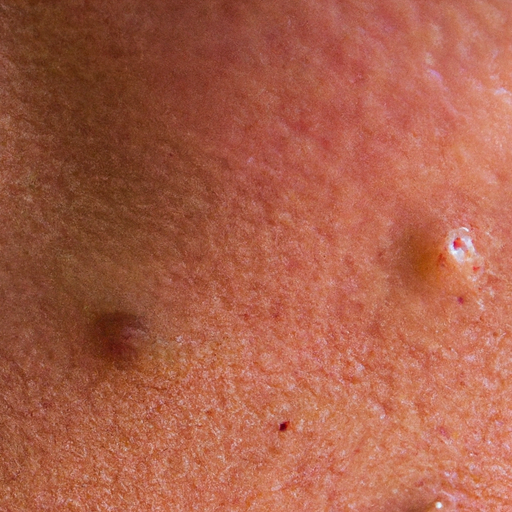Acne, a common skin condition that affects millions of people worldwide, is often associated with adolescence but can persist or even begin in adulthood. It can lead to physical discomfort, scarring, and significant emotional distress. As a dermatologist, I am often asked about the most effective strategies for acne relief. This article aims to unmask clear skin by revealing some of the top acne relief strategies that dermatologists recommend.
Firstly, it’s important to understand that acne is not caused by poor hygiene or diet. It is primarily a hormonal condition driven by androgenic hormones, which typically become active during the teenage years. These hormones stimulate the oil glands in the skin, leading to increased oil production and potential blockage of hair follicles, which can result in acne.
One of the most effective strategies for acne relief is adopting a consistent skincare routine. This includes gentle cleansing, moisturizing, and applying sunscreen. Over-cleansing or using harsh products can actually exacerbate acne by irritating the skin and increasing oil production. A gentle cleanser should be used twice daily, followed by a non-comedogenic moisturizer that won’t clog pores. Sunscreen is also crucial as sun exposure can worsen acne and lead to post-acne dark spots.
Topical treatments are another key strategy in managing acne. Over-the-counter products containing ingredients like benzoyl peroxide or salicylic acid can be effective for mild acne. Benzoyl peroxide works by killing the bacteria that cause acne, while salicylic acid helps to unclog pores. For moderate to severe acne, a dermatologist may prescribe topical retinoids, which work by promoting cell turnover and preventing the plugging of hair follicles.
Oral medications may also be used in certain cases. Antibiotics can help reduce bacteria and fight inflammation, while oral contraceptives can help balance hormones in women. For severe cases of acne, isotretinoin may be prescribed. This powerful medication can deliver long-term results, but it also comes with potential side effects and requires careful monitoring by a dermatologist.
In-office procedures can also be beneficial for acne relief. These may include treatments like chemical peels, light therapy, or corticosteroid injections for large, painful acne cysts. These procedures should always be performed by a trained professional to ensure safety and effectiveness.
Diet and lifestyle modifications can also play a role in managing acne. While the link between diet and acne is not fully understood, some studies suggest that certain foods, such as dairy and high-glycemic-index foods, may be associated with acne. Regular exercise can also help reduce stress and regulate hormones, which can in turn help manage acne.
Finally, it’s essential to resist the urge to pick or pop pimples, as this can lead to scarring and infection. It’s also important to be patient and persistent with any acne treatment, as it can take several weeks to see noticeable improvement.
In conclusion, achieving clear skin is a multifaceted process that involves consistent skincare, appropriate use of topical and oral medications, possible in-office procedures, and healthy lifestyle habits. It’s important to consult with a dermatologist to develop a personalized treatment plan that addresses the specific type and severity of acne. With the right approach, acne can be effectively managed, leading to clearer skin and improved self-confidence.



